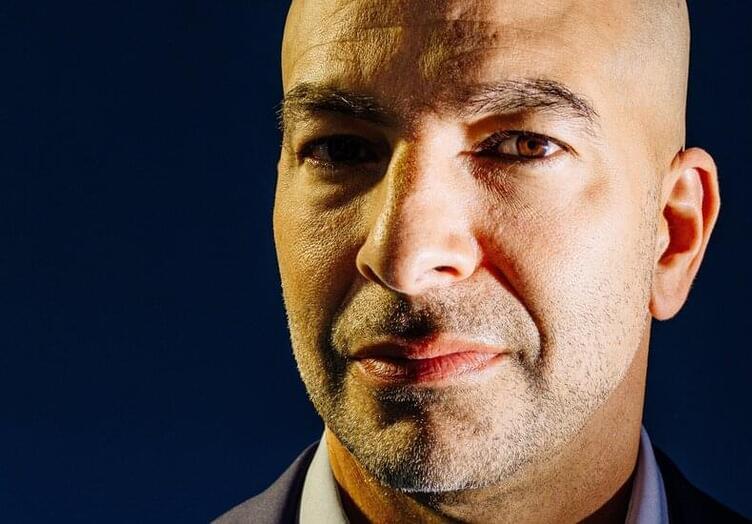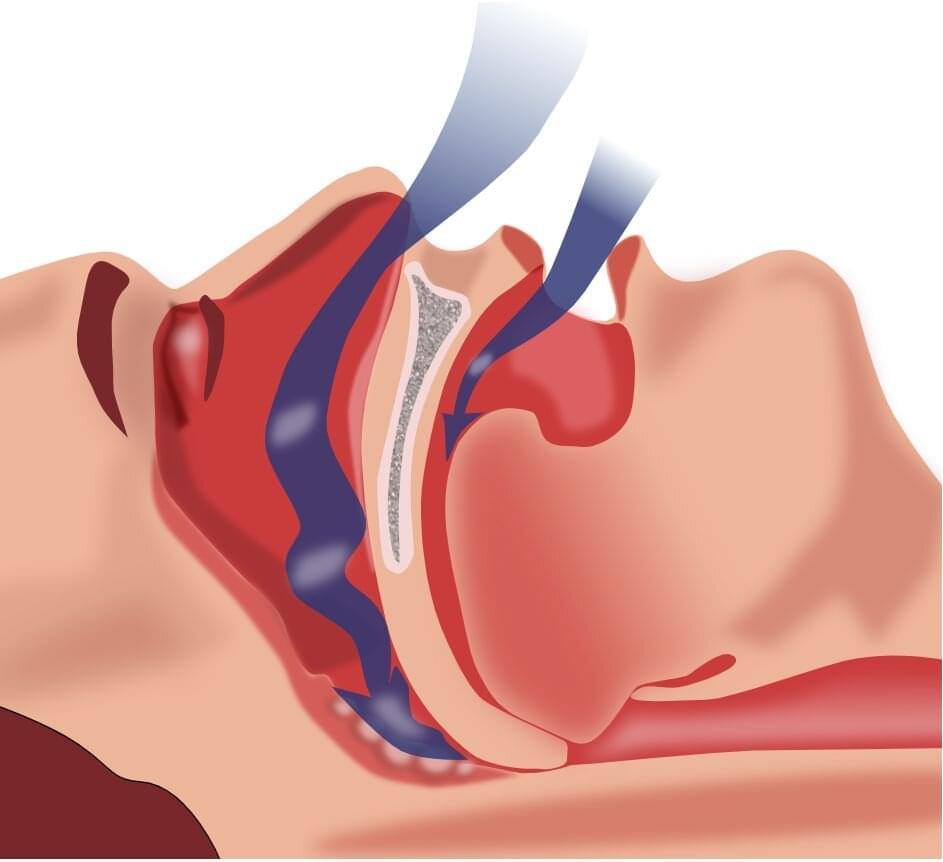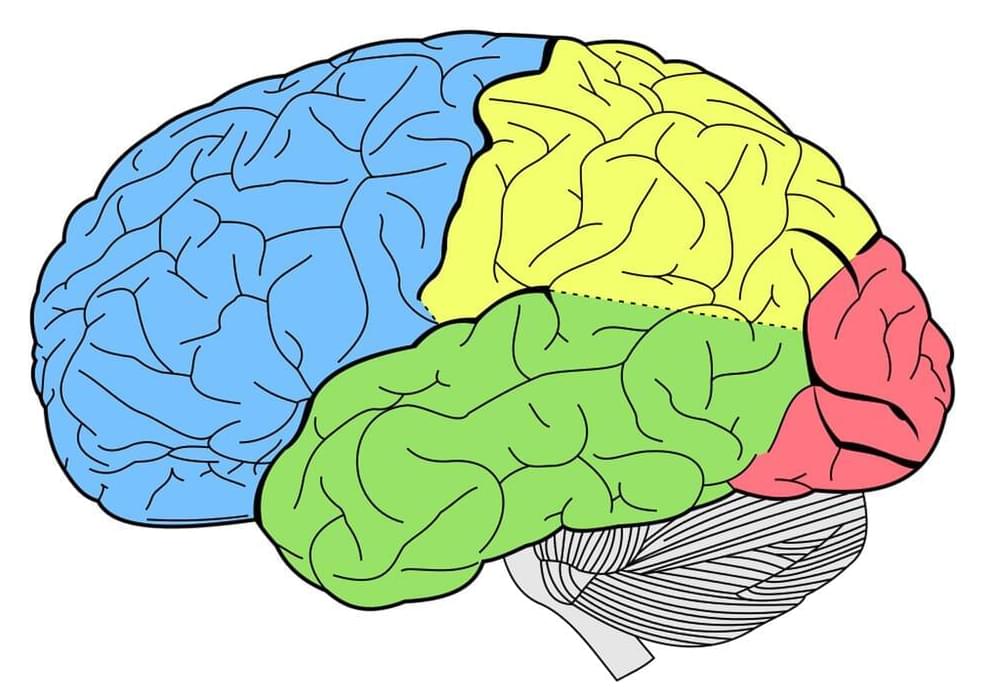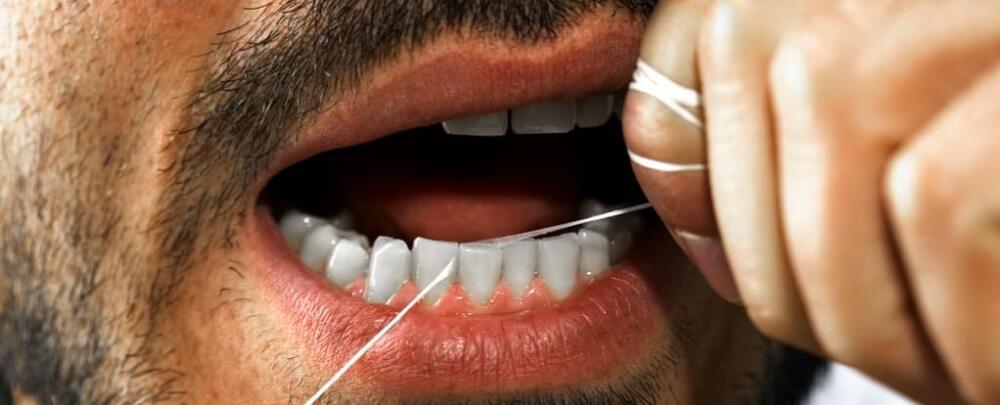More often than not, studies of human biology are conducted when the body is under duress from infection or disease. Now, as part of a larger effort to delineate what “healthy” looks like, two Stanford Medicine teams have unfurled detailed molecular maps of healthy human intestinal and placental tissues. The maps, which capture cell types, cell quantity and other cellular nuances, are just two of a collection of maps that will establish a cellular baseline for the majority of the human body, including where cells in certain tissues congregate, how tissues develop during pregnancy and how cell-to-cell interactions drive human biology.
The studies, which published in Nature on July 19, are part of a larger effort spearheaded by the Human Biomolecular Atlas Program — called HuBMAP — funded by the National Institutes of Health. It aims to fill gaps in our knowledge of how the human body works when it’s in tip-top shape. Dozens of teams from the United States and Europe contribute to the HuBMAP consortium.
“In research, we have a habit of studying things that are abnormal without really understanding what normal looks like,” said Michael Angelo, MD, PhD, an assistant professor of pathology who is also the co-chair of the HuBMAP steering committee. “That’s created a big gap in our knowledge. HuBMAP is the only effort that is systematically focusing on the spatial architecture of these tissues.”






